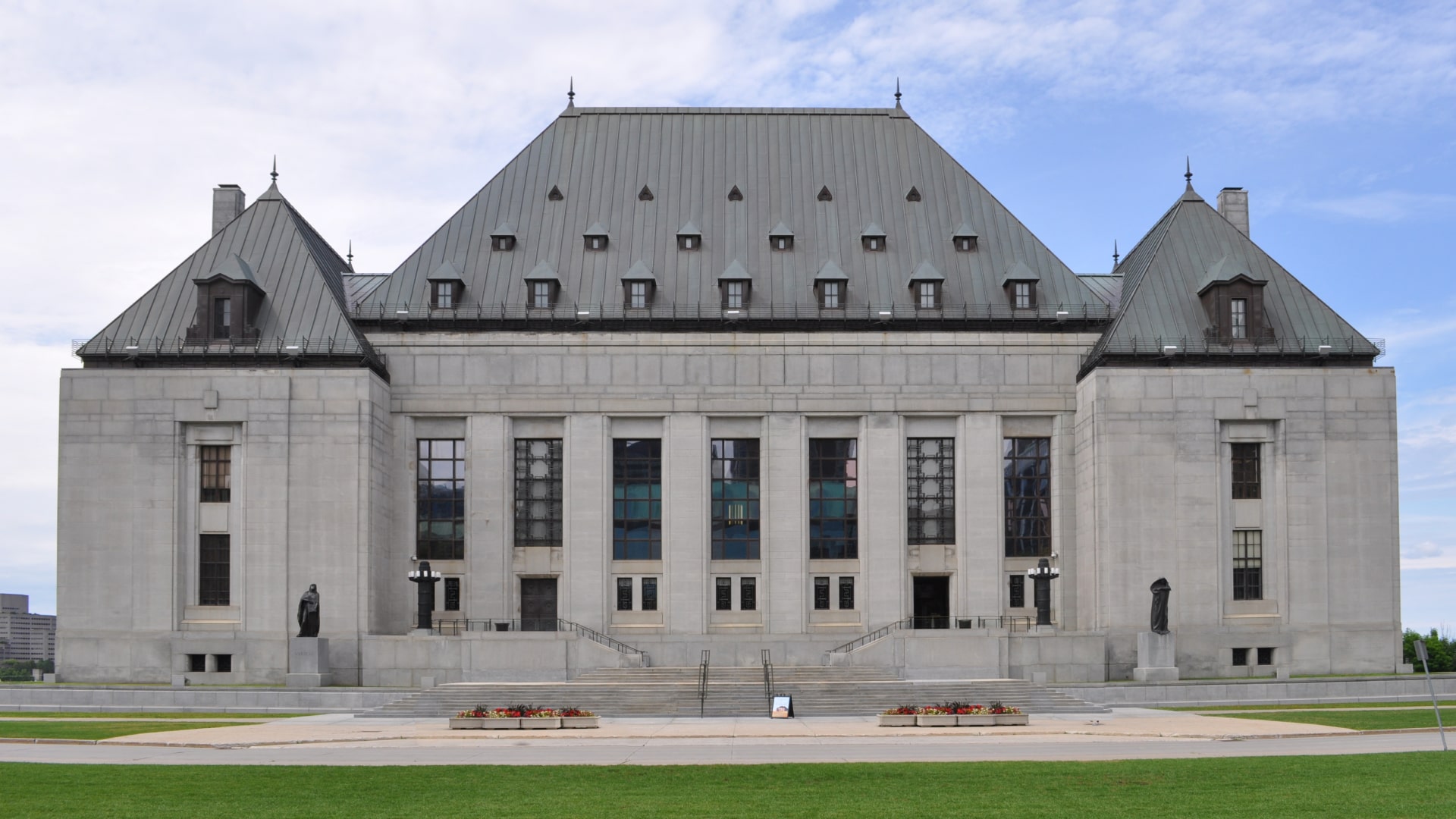
The Samara Centre for Democracy has been granted leave to intervene in a landmark Supreme Court of Canada case challenging Quebec’s controversial secularism law, Bill 21. The law prohibits public sector workers in authority—like teachers, police officers, and judges—from wearing religious symbols while on duty. Bill 21 was enacted using the Charter’s notwithstanding clause, or Section 33.
The Samara Centre will urge the Court to consider how current technology-fueled polarization affects the function of Section 33. We will also demonstrate how laws like Bill 21, which affect individual rights, can discourage civic engagement across a range of communities. The Samara Centre will be represented by Warda Shazadi Meighen and Allan Rock via Landings LLP.
This marks the first time in the Samara Centre's nearly two-decade history that it is serving as an intervenor. We have put together an explainer below that covers what this means and why it matters.
What's an Intervenor?
Why Does Being an Intervenor Matter?
Learn more about Bill 21 by visiting Policy Options, the digital magazine of the Institute for Research on Public Policy. And check out Episode 3 of the Group Chat podcast to learn more about the notwithstanding clause.
Photo by Dig deeper, licensed under CC BY 4.0.


The Samara Centre for Democracy has been granted leave to intervene in a landmark Supreme Court of Canada case challenging Quebec’s controversial secularism law, Bill 21. The law prohibits public sector workers in authority—like teachers, police officers, and judges—from wearing religious symbols while on duty. Bill 21 was enacted using the Charter’s notwithstanding clause, or Section 33.
The Samara Centre will urge the Court to consider how current technology-fueled polarization affects the function of Section 33. We will also demonstrate how laws like Bill 21, which affect individual rights, can discourage civic engagement across a range of communities. The Samara Centre will be represented by Warda Shazadi Meighen and Allan Rock via Landings LLP.
This marks the first time in the Samara Centre's nearly two-decade history that it is serving as an intervenor. We have put together an explainer below that covers what this means and why it matters.
What's an Intervenor?
Why Does Being an Intervenor Matter?
Learn more about Bill 21 by visiting Policy Options, the digital magazine of the Institute for Research on Public Policy. And check out Episode 3 of the Group Chat podcast to learn more about the notwithstanding clause.
Photo by Dig deeper, licensed under CC BY 4.0.